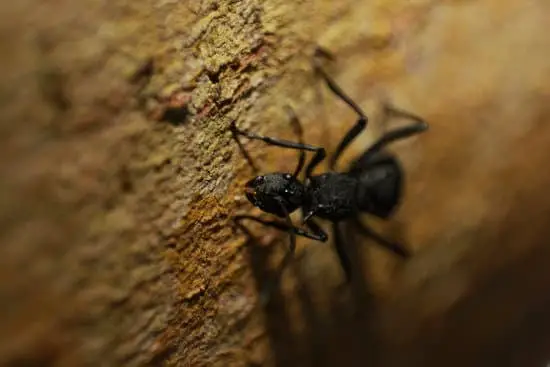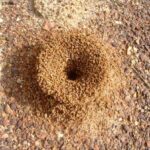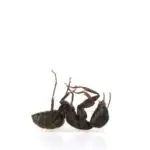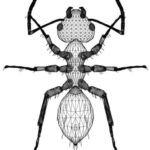Why Does Ants Smell?
During a recent experiment, researchers at Vanderbilt University discovered that ants have an incredible sense of smell. They have four to five times more odor receptors than most other insects. They use their antennae instead of their noses to pick up scents. This ability allows them to communicate with other ants. They have developed an entire language based on smell.
In addition to their sense of smell, ants have pheromones, which are chemical signals that alert them of danger and help them maintain social interactions. They are used for many different purposes, such as sending alarm signals or indicating which members of a colony are suited for a particular role.
For example, the Carpenter Ant sprays formic acid as a defense against predators. Similarly, the Citronella Ant leaves a citrusy odor. The odor is also used by the ant to defend itself.
Some ants also release smells when they are crushed. For example, the Dolichoderinae subfamily of ants produces a distinct odor when crushed.
Several common species of ants release pungent smells when they are threatened or when they are in danger. Carpenter ants, carpenter ants, and high noon ants are among these species.
In addition, ants have a very sophisticated sense of taste. They use pheromones to communicate with one another, and they can also smell bacteria and microbes. This is useful for them because it allows them to maintain complex social colonies. It also allows them to forage for food.








